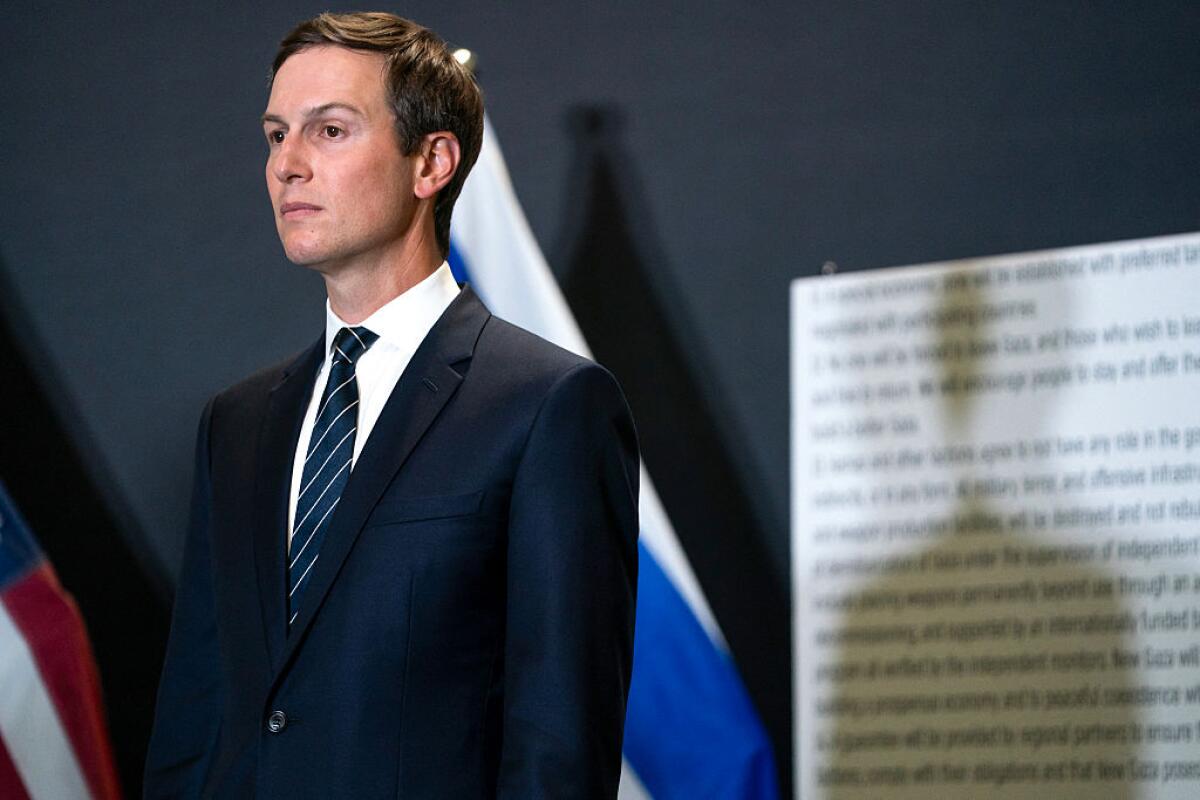A strategic comeback to secure a ceasefire
Jared Kushner, President Donald Trump’s son-in-law and former senior adviser, has returned to diplomatic activity with a new assignment: helping to secure a ceasefire in Gaza. Although he had previously stated that he would not rejoin the administration, Trump called him back, citing his negotiation experience and prior success in the region.
During his first term at the White House, Kushner played a pivotal role in the Abraham Accords, which normalized relations between Israel and several Arab nations. Now, alongside special envoy Steve Witkoff and Vice President J.D. Vance, Kushner is working on implementing Phase 2 of the peace agreement. This phase aims to reduce tensions, enhance communication between the parties, and improve the delivery of humanitarian aid to Gaza.
Ethical concerns and questions of conflict of interest
Kushner’s return has reignited discussions about potential conflicts of interest, as his investment firm, Affinity Partners, has received funding from governments with which he has diplomatic ties. Some observers believe that his business involvement raises valid ethical questions about balancing private interests and public diplomacy.
At the same time, many acknowledge that these same connections have enabled him to establish trust with key regional leaders. In the Gulf, where political, business, and family relationships often overlap, Kushner’s familiarity with the players has been described as an advantage rather than a liability.
Experience as a diplomatic advantage
White House officials have highlighted Kushner’s prior experience as critical to advancing the peace process. According to senior sources, his deep understanding of the region and its leadership helped maintain dialogue and stability during a sensitive phase of negotiations.
Kushner himself defends his private-sector connections as a strength, asserting that long-standing relationships have facilitated cooperation and the rapid achievement of agreements.
His renewed presence in Middle East diplomacy underscores a continued effort by the U.S. to leverage experienced figures capable of navigating the intersection between politics, business, and peacebuilding in a region still marked by deep divisions.







